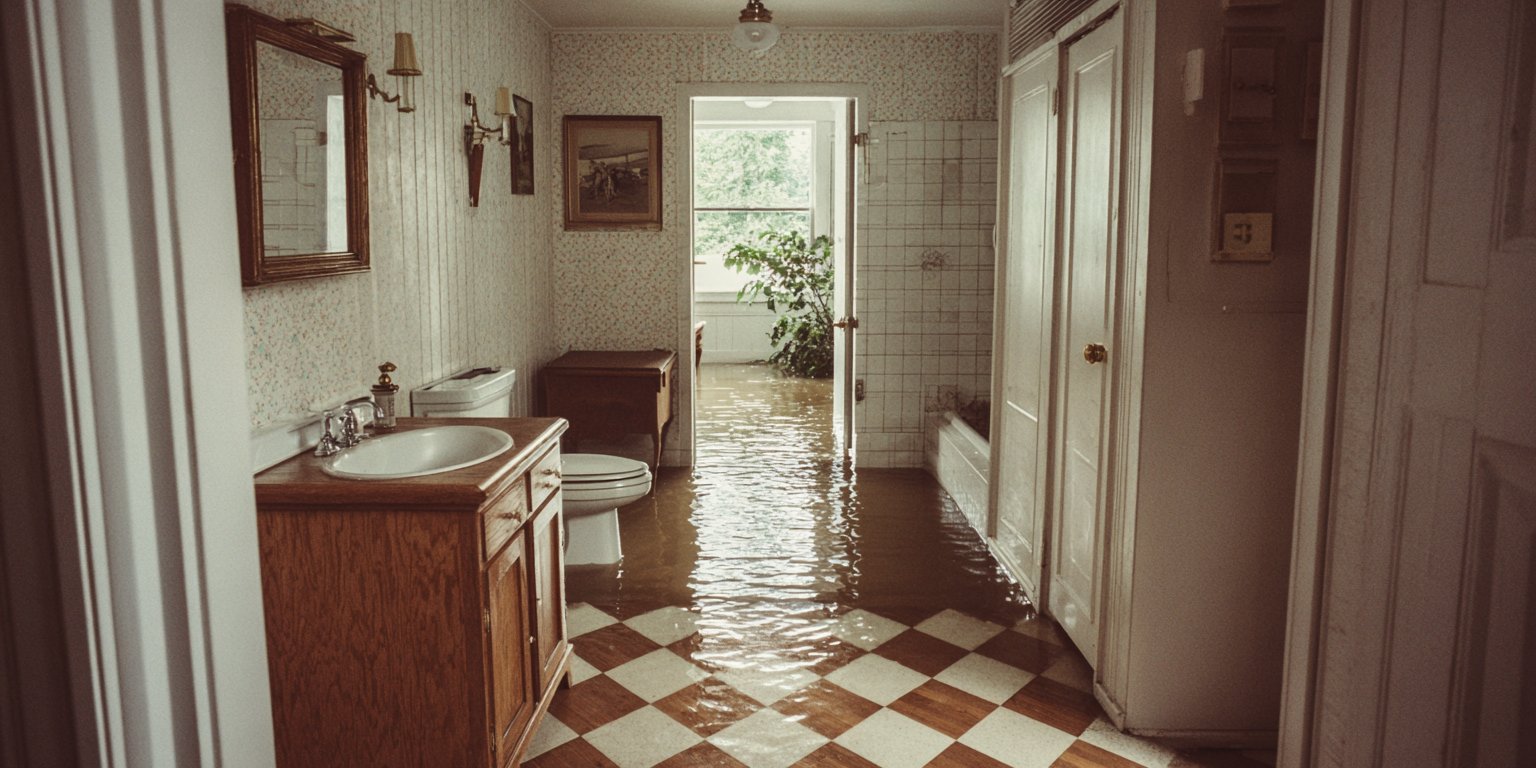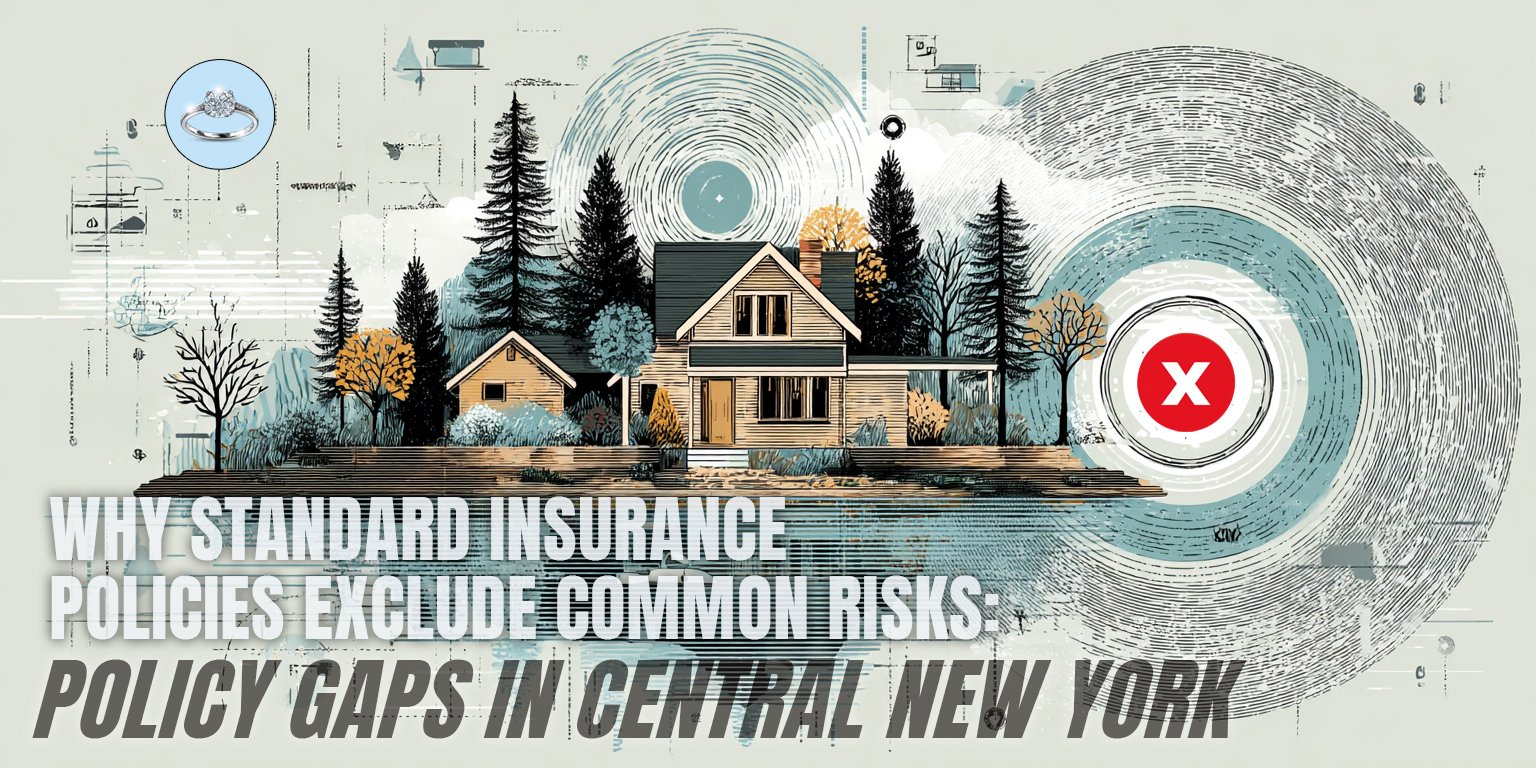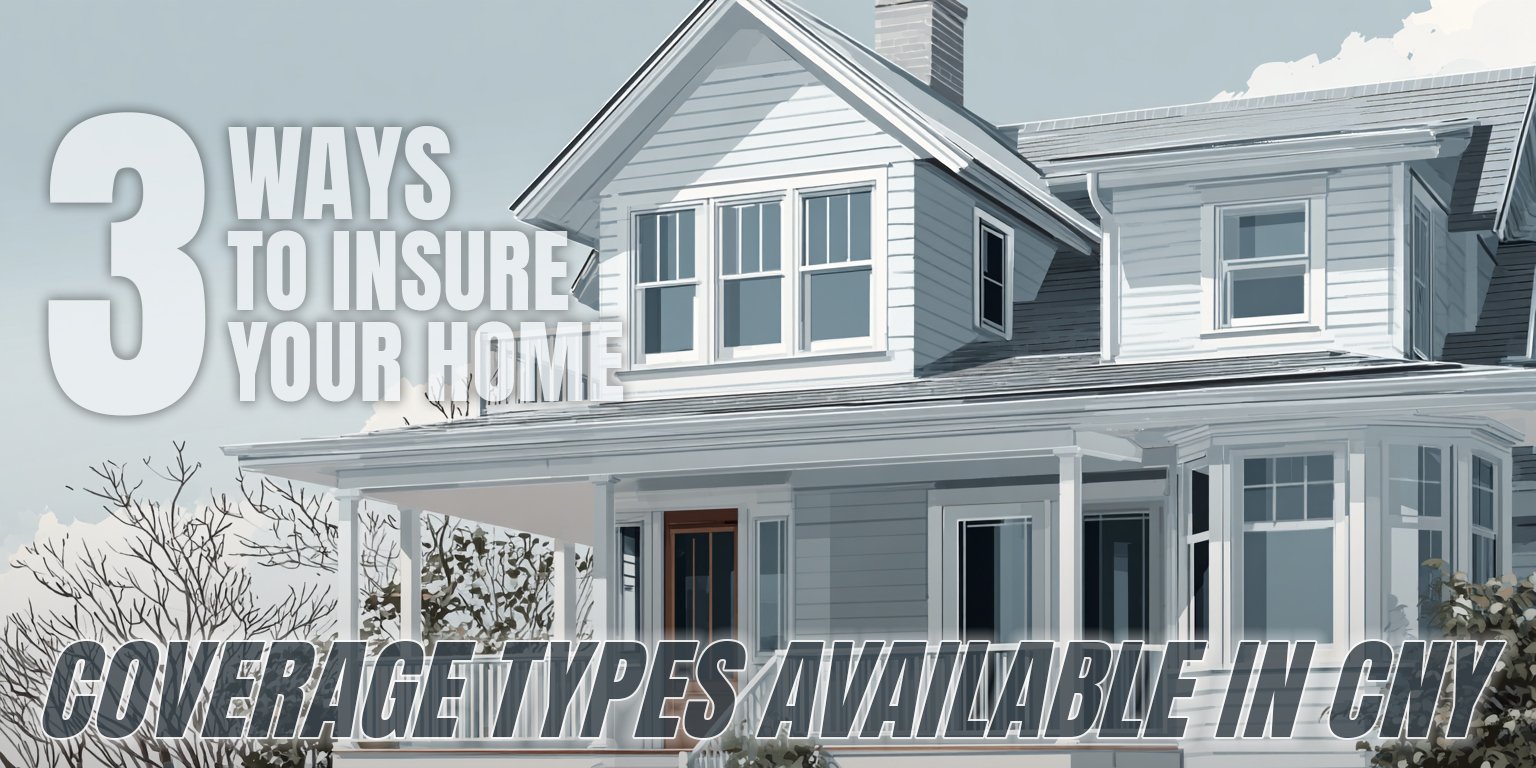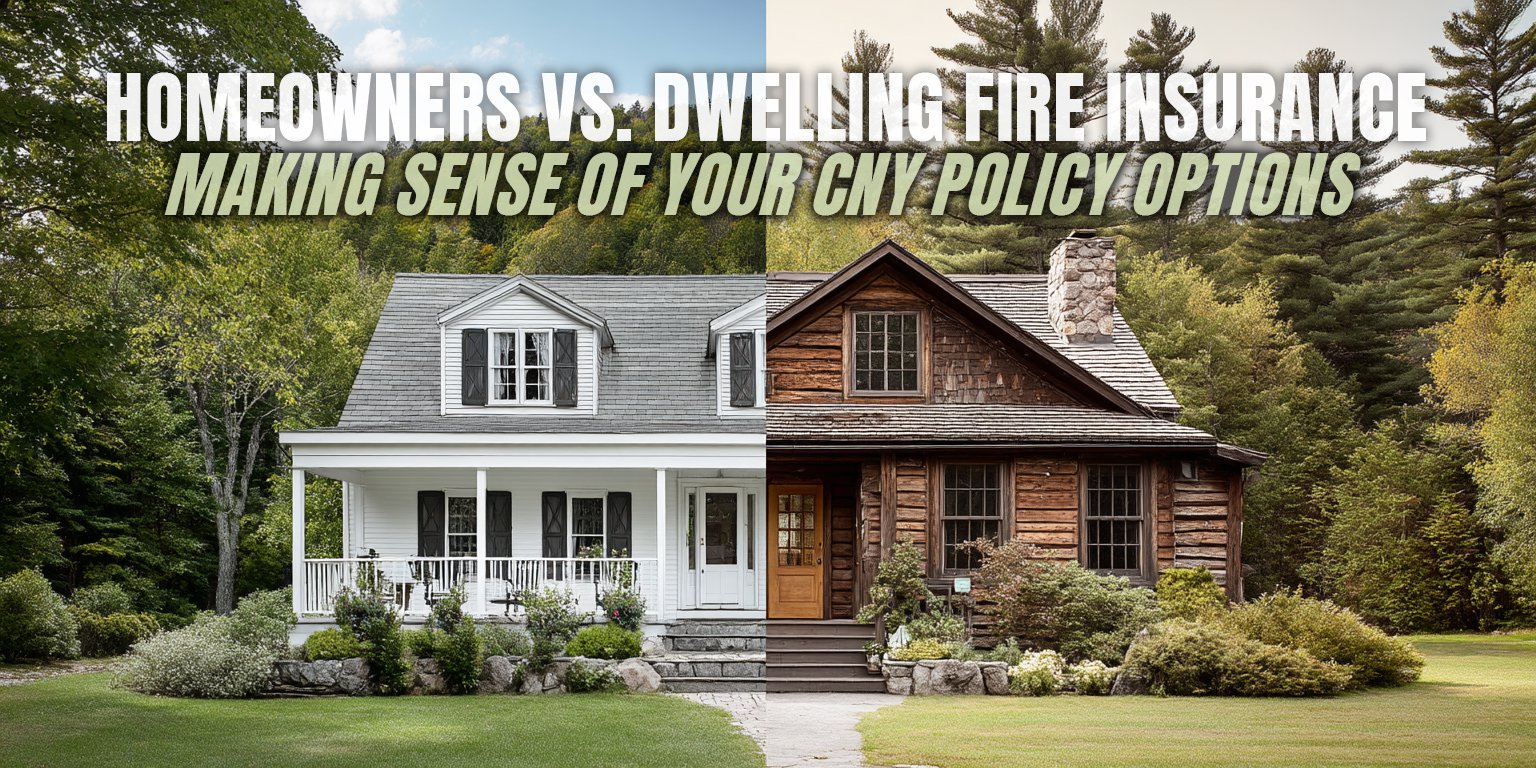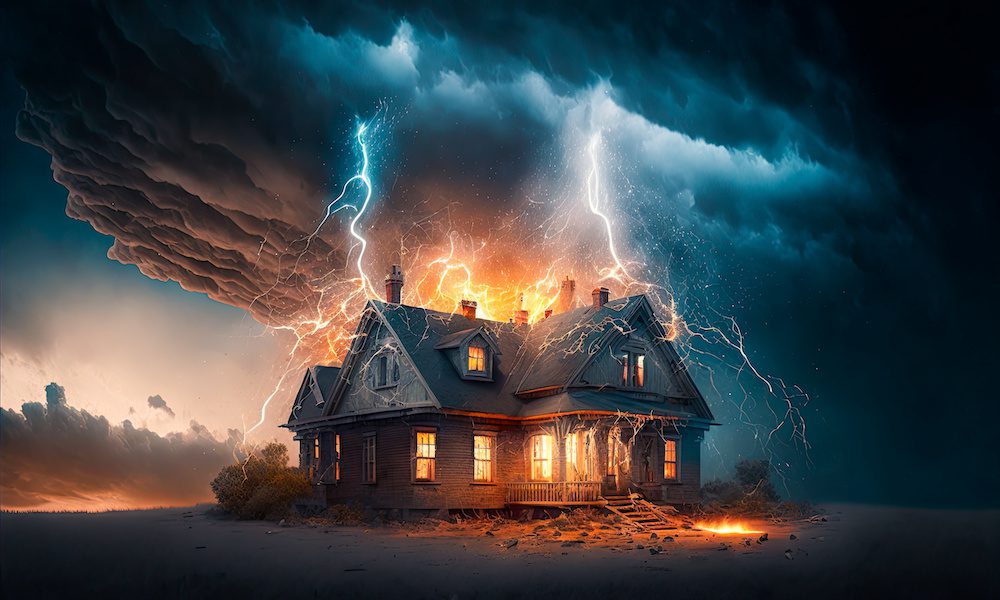Buying Homeowners Insurance for the First Time
February 26th, 2025
2 min read

Purchasing your first home ranks among life's most significant investments. As you coordinate with lenders in Central New York, homeowners insurance emerges as a crucial requirement - one that often creates uncertainty for first-time buyers.
At the Horan insurance agency, we work with many first-time homebuyers throughout Central New York who have questions about insuring their new homes.
In this article, we'll explore the key steps in purchasing your first homeowners policy, common misconceptions about the process, and important considerations about coverage requirements.
Understanding Your Role in Choosing an Insurance Carrier
Many first-time buyers believe their lender selects their insurance carrier. In reality, you make this choice. Options include working with independent agents and brokers or, in some cases, purchasing directly from carriers.
Another common misconception: renters policies can't simply convert to homeowners policies. While many auto insurance carriers offer home insurance, some broker out that coverage to other carriers.
Determining Coverage Requirements for Your New Home
Insurance carriers consider several factors when writing policies, including:
- Estimated rebuilding costs
- Personal property values
- Detached structures like sheds and fences
- Standard liability considerations
Some first-time buyers initially consider coverage equal to their loan amount, which may not address actual rebuilding costs.
The “Clear to Close” Mortgage Phase
As a first-time homebuyer, you might ask, “what is clear to close?”
It’s the authorization you obtain from your lender which indicates they are ready to fund the loan and close the deal on your new home. But getting that clear to close requires an insurance binder. The “clear to close” mortgage phase is part of many moving pieces and complex procedures associated with homebuying.
The insurance binder comes from the insurance agent you selected during one of our previous phases. The binder—which expires after thirty days—indicates that the policy is officially issued.
Policy details in the binder will prove to your lender that you have enough insurance coverage to meet or exceed the loan amount. You can also expect to pay the first-year premium in full before the closing date, and the receipt for that payment will accompany the insurance binder.
Barring any issues, the mortgage on your first home is then formalized or put into writing.
Expect Escrow Payments
Many first-time homebuyers use escrow accounts to make annual insurance payments. Escrow accounts—which your mortgage lender sets up as part of your loan—merge mortgage and homeowners insurance payments (often including property taxes), so one account covers all.
Despite the one account, the insurance premium goes to the insurer, and the mortgage payment goes to the lender. An escrow account is often required but is sometimes optional.
Escrow accounts help facilitate the prompt payment of insurance premiums and property taxes, which is why they are favored. Insurance payments are pulled annually from your escrow account when due. You won’t receive an annual bill but will be issued renewal documents about 45–60 days before renewal.
Bear in mind this is not the same as private mortgage insurance (PMI), which is lender-placed but buyer-paid through an escrow account. Some lenders require PMIs for loans. One instance that triggers this is if a borrower makes a down payment totaling less than 20 percent of the appraised value of the house.
PMIs protect lenders when borrowers can’t make mortgage payments. If required, a lender will lump the PMI into your monthly mortgage.
Coverage Types to Consider Based on Your Location
Your policy requirements often reflect your home's location and construction type. Different areas face varying environmental factors that may influence coverage decisions:
- New construction vs. older homes
- Condos vs. single-family homes
- Manufactured homes
- Local weather patterns
Additional coverage options exist for specific situations. Flood insurance, for instance, isn't limited to designated flood zones. Separate policies cover items like snowmobiles, motorcycles, or watercraft.
Make Informed Insurance Decisions During Your Home Purchase
First-time homebuyers often face uncertainty when coordinating insurance with their mortgage requirements. Understanding the process and timing helps create smoother transitions during closing.
The Horan insurance agency provides information to first-time homebuyers throughout Central New York about insurance requirements and options. We can discuss coverage considerations for your specific situation.
Click the Get a Quote button below to learn more about homeowners insurance during your first home purchase.
Also read our companion article: When to Get Home Insurance During the House-Buying Process: A Central New York Homebuyer's Guide.
Daniel is an accomplished content creator. He has been working in publishing for almost two decades. Horan Companies hired Daniel as its content manager in November 2022. The agency entrusted its messaging to him. Since then, Daniel has written insurance articles, service pages, PDF guides, and more. All in an effort to educate CNY readers. He's helping them understand the world of insurance so they can make informed decisions.
Topics:












